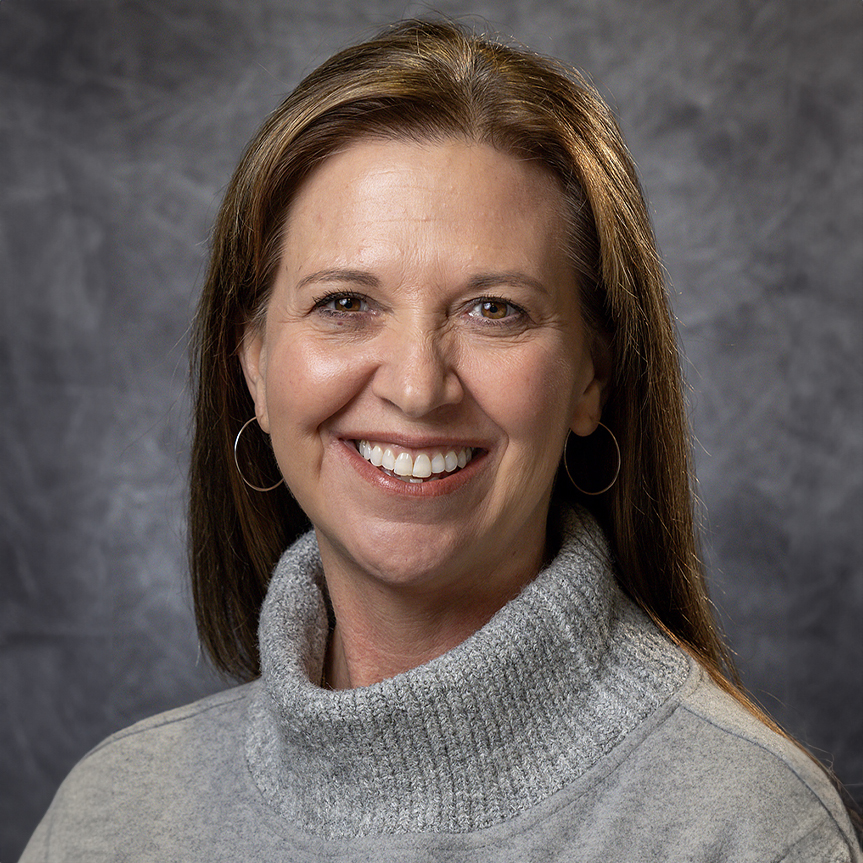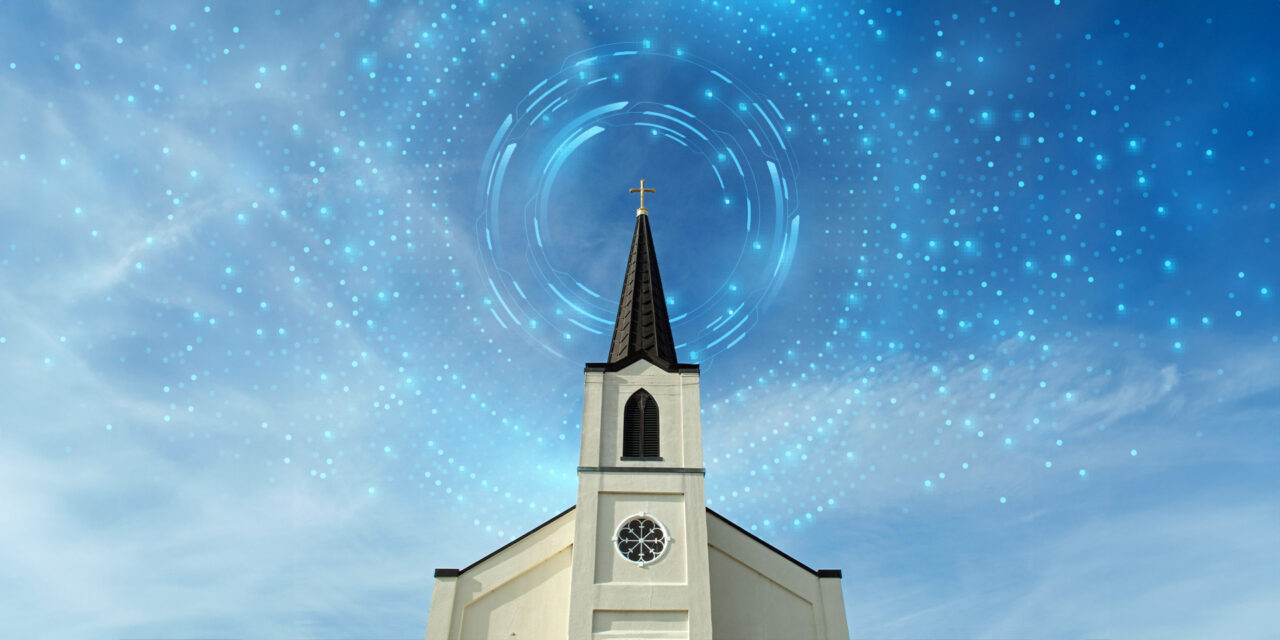By Bishop Kaye Kolde
I have the opportunity to connect with church leaders and congregants in widely varied settings, and in the last year I have noticed that the topic of artificial intelligence has been a part of more and more conversations in different places. Most people bring it up with curiosity, amazement and awareness that we don’t really understand its implications.
Barna Group recently collected data on the topic that the research firm shared in February: “Over half of Gen Z Christians (57%) would like to hear from their pastor on using AI in personal communication. Meanwhile, only 14 percent of pastors feel this topic is a very important one to be teaching on, presenting a potential opportunity to disciple younger congregants in a relevant and needed way.”
Yet Gen Z Christians are not alone in wanting to connect their lives and theological understanding with the use of AI; 44% of Gen X and 36% of Baby Boomers also wanted to hear how to use the technology wisely.
_
“One of the most powerful elements of our image bearing is our creativity and intelligence.”
_
The Mind and the Spirit
I have limited experience or technical understanding of AI, but I do have strong convictions based on theological understandings of what it means to be human and how God works through the church to bring human flourishing. In the creation accounts of Genesis, humans created as male or female are the only part of creation described as made in the image of God. One of the most powerful elements of our image bearing is our creativity and intelligence. Over the course of human history since the fall, we have witnessed that power used both for good and for evil. Those who are in Christ Jesus and redeemed from the effects of the fall are said to have the mind of Christ (1 Corinthians 2:16) by the indwelling presence of God the Spirit.
As we engage relationally with others in love, we also have this same Spirit helping us to speak spiritual truth and receive spiritual wisdom and insight. These components of communication are unique to God’s people and cannot be replicated by machine intelligence. While AI may be generative in amazing ways, humanity is generative as representative of the Creator, by whom, through whom and for whom all things were made.
_
“Our bodies are the place where sanctification occurs in every part of our being.”
_
Essential Incarnation
In God’s grand plan of redemption, the incarnation of the Son was essential. The eternal, enduring “Word became flesh and blood and moved into the neighborhood,” as The Message translation describes it. The incarnation matters! He became human so that He might show us God, be tempted and tried in every way we are without sinning, take our place by sacrificing His flesh and blood on the cross, and be raised to new life, not just as spirit, but in a body to make a way for our own bodily resurrection at His return.
Today our understanding that the church is the body of Christ implies that the incarnation matters in us, real humans who have Christ alive in us and are filled with the Spirit. As Wesleyans and Free Methodists, we declare that our spiritual formation and God’s healing work in us take place in our heads, hearts and hands. Our bodies are the place where sanctification occurs in every part of our being so that we embody the power of the gospel in finite and fallible humanity.
The good news can be described in many ways, but one of them is the restoration of shalom or harmony in the relationships between humanity and God, human beings with one another, humanity with creation, and within every person who puts faith in Jesus. What has been dis-integrated will be re-integrated, or put back together again in perfect wholeness. This is one way we understand holiness and healing. This is a supernatural work of God accomplished only by the blood of Jesus.
_
“We are abandoning how God has chosen to make Himself known in the world today.”
_
A Tool, Not a Replacement
AI can be helpful as a tool for certain parts of our work in the church, but it is wisdom to avoid using it as a replacement for our own thought work and time spent praying. If we abandon the relational and spiritual nature of our thoughtful communication for AI-generated words — whether that is in sermon preparation, church communication, or advising and counseling others — we are abandoning how God has chosen to make Himself known in the world today.
One of my colleagues asked AI to write a letter to his team expressing gratitude for their work, and he shared it with us. It was excellent and contained many things one should say to encourage and thank those who work under our authority. He also shared that some of the men and women on his team said it was wonderful, but it didn’t sound like him. Our unique voices, and our lived experiences, matter.
There are many things to say and think about regarding the ethics and implications of AI, and they will be the topics of volumes of writing and dialogue. For instance, real artists, designers and writers are losing their jobs as AI can more quickly and inexpensively create marketing materials, art, movie set designs, stories, or even create a speech and simulate any of us giving it without our involvement at all. But none of those things are done with the inspiration of the Holy Spirit or His redemptive work in humans. And isn’t that what glorifies God when all is said and done?
The church is not called to expedience. We are called to faithfulness to the Spirit and the Word. Our witness to the kingdom coming and the restorative work of God is joyfully and miraculously embodied in real women, men, boys and girls. As we imperfectly but creatively think, talk, and act in surrender to the Spirit, something beautiful occurs, and a new future is visible. Artificial intelligence, after all, can only learn from what has been done in the past, while the Lord who sits on His throne reminds us that He is making all things new, and humans are partners in that promise.
+

Bishop Kaye Kolde was elected to the Free Methodist Church USA Board of Bishops in 2023 after serving since 2019 as the lead pastor of The Arbor Church in Spring Arbor, Michigan. She has enjoyed coaching for discipleship systems and previously served as the executive pastor of ministry and in other pastoral roles at Sage Hills Church in Wenatchee, Washington. She is married to Dr. David Kolde, and they are the parents of a son, Gray, and a daughter, Emi.











